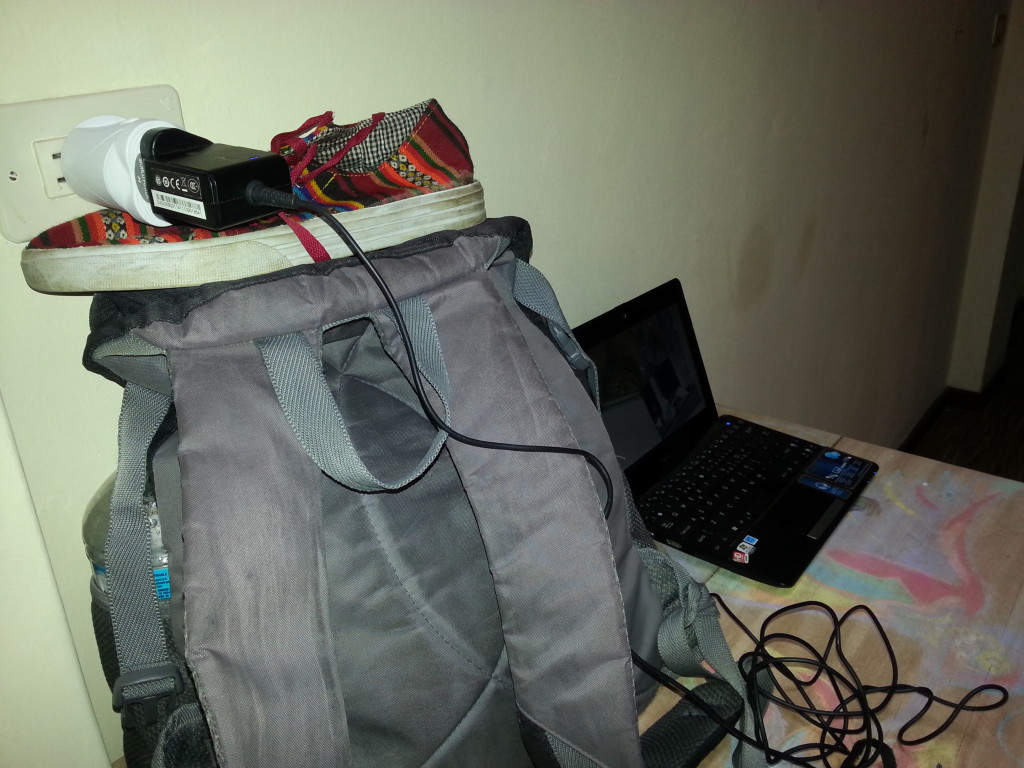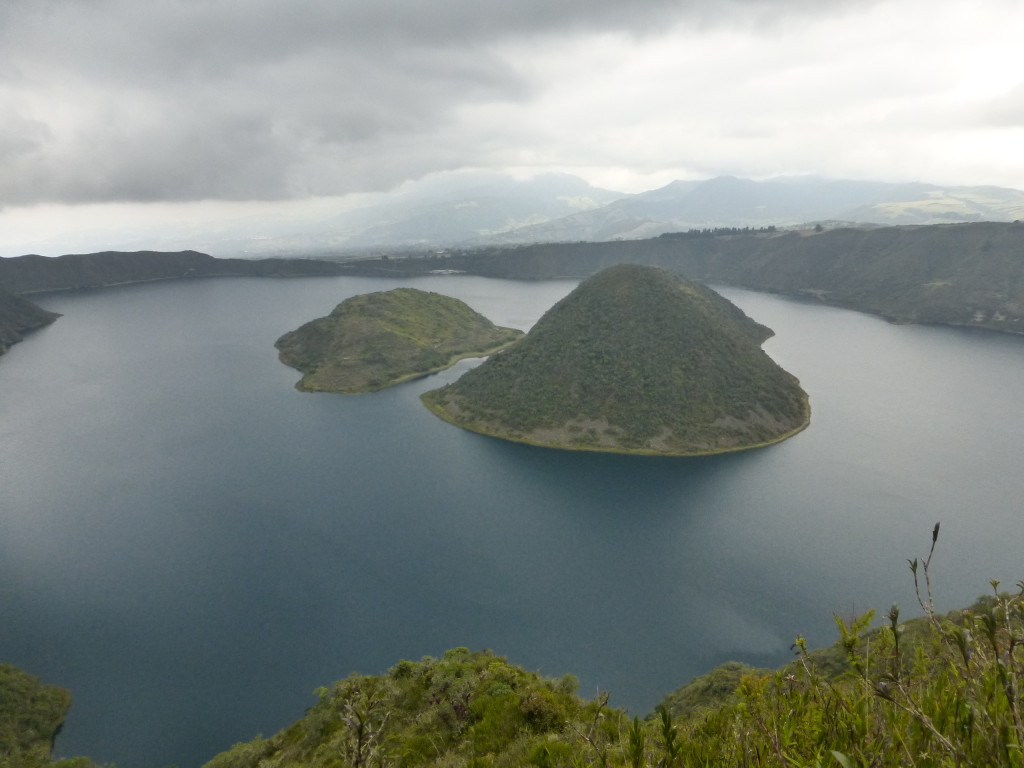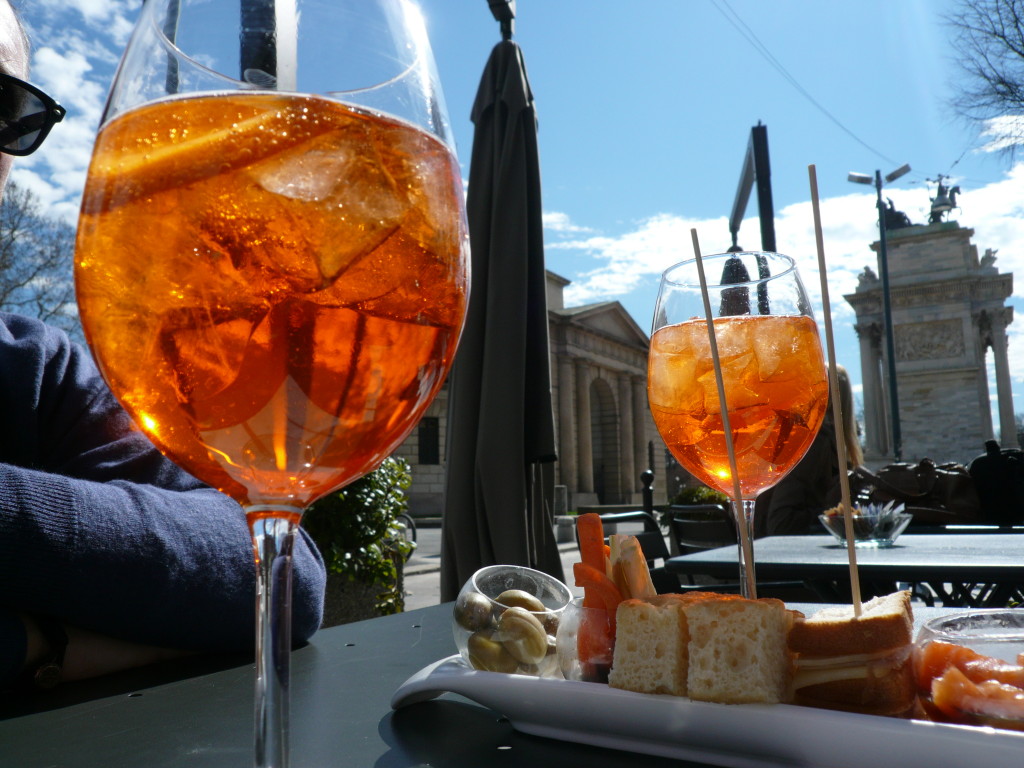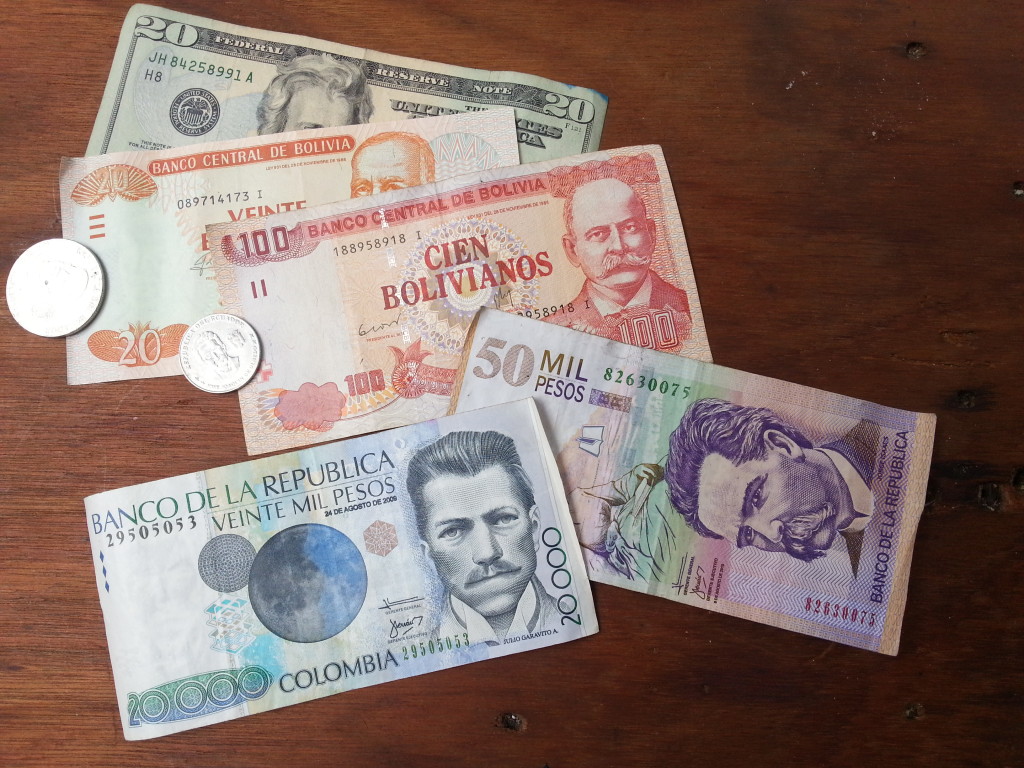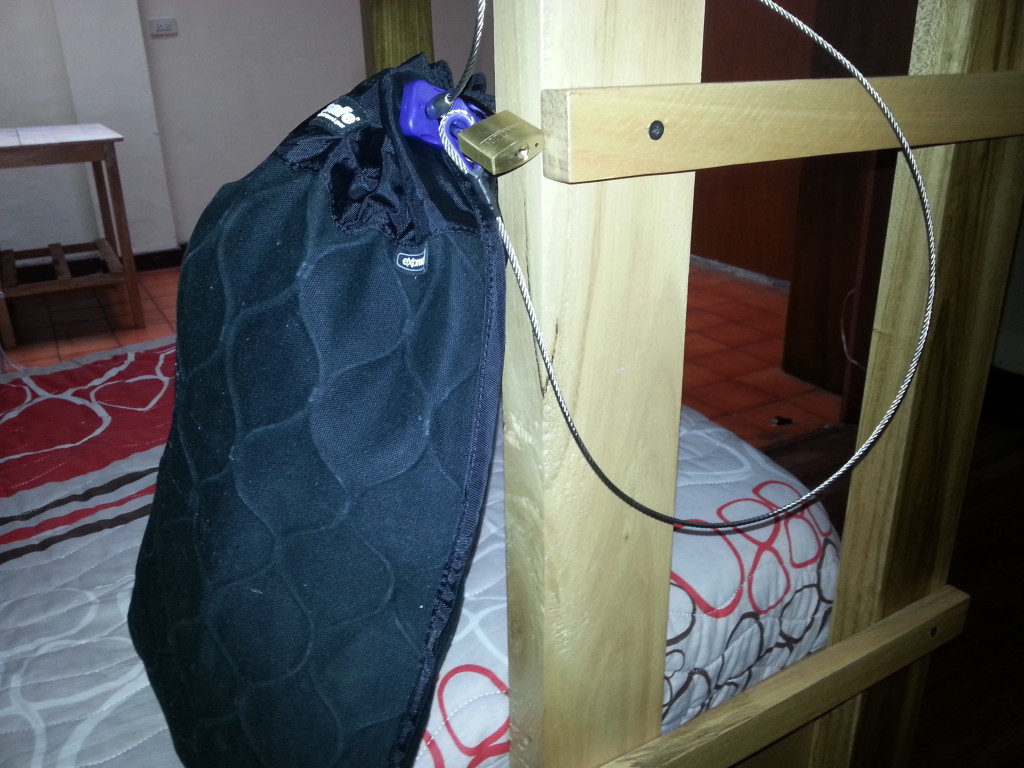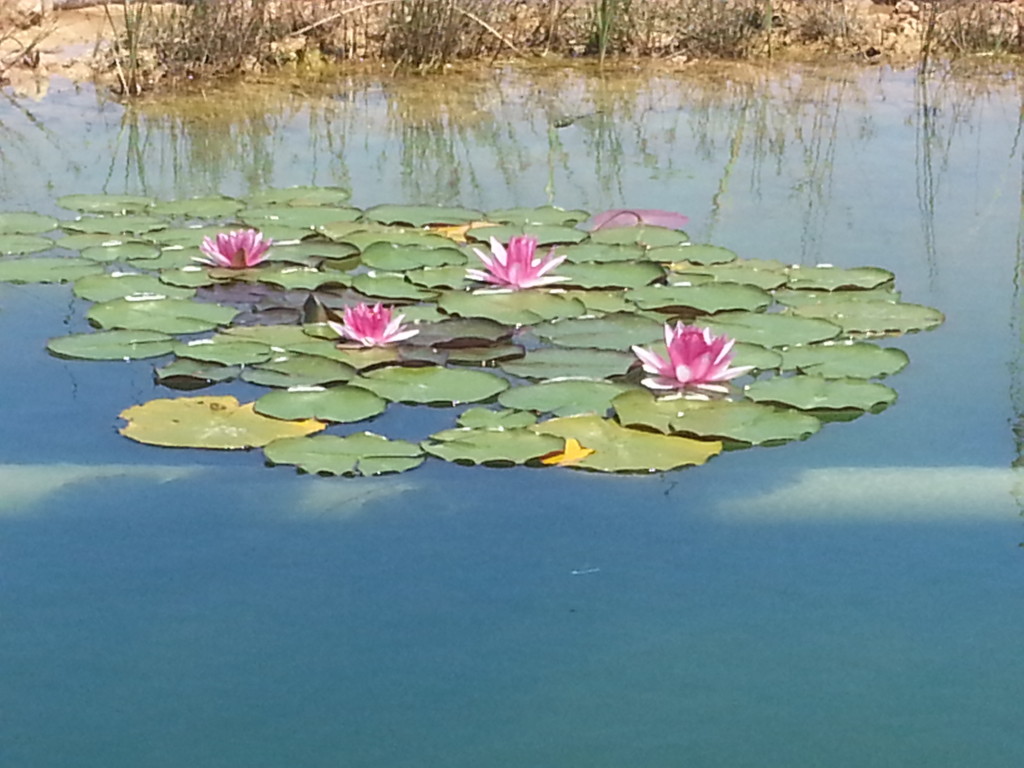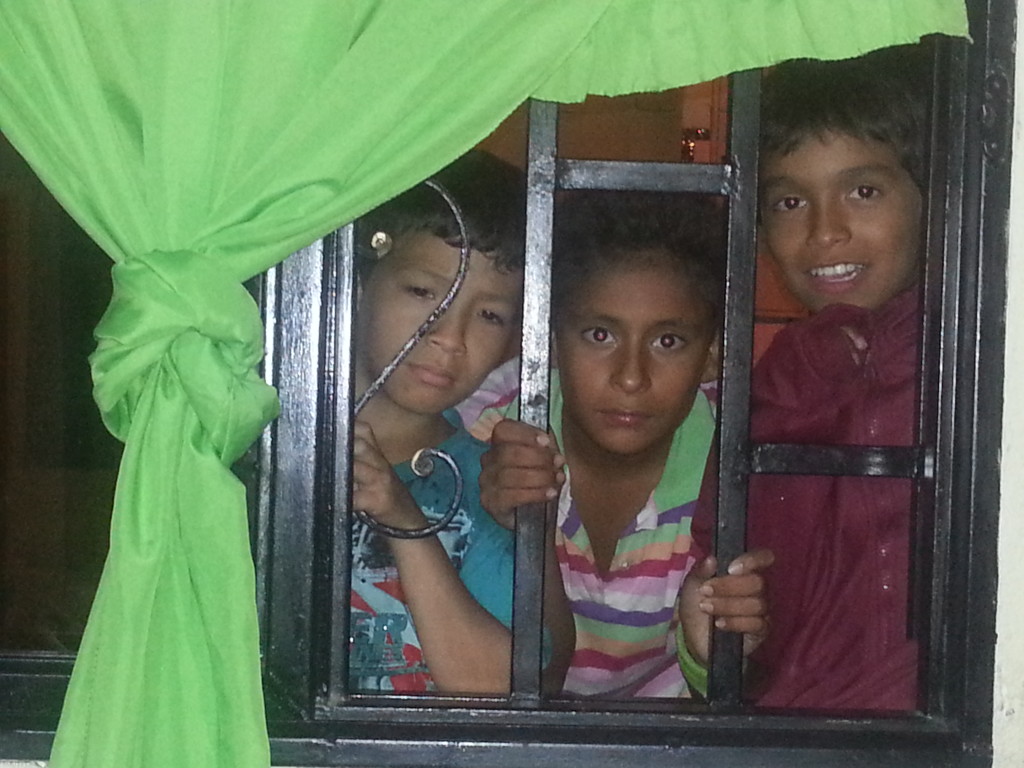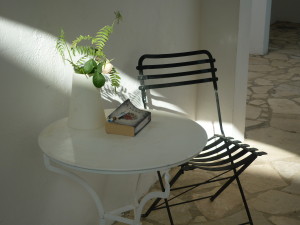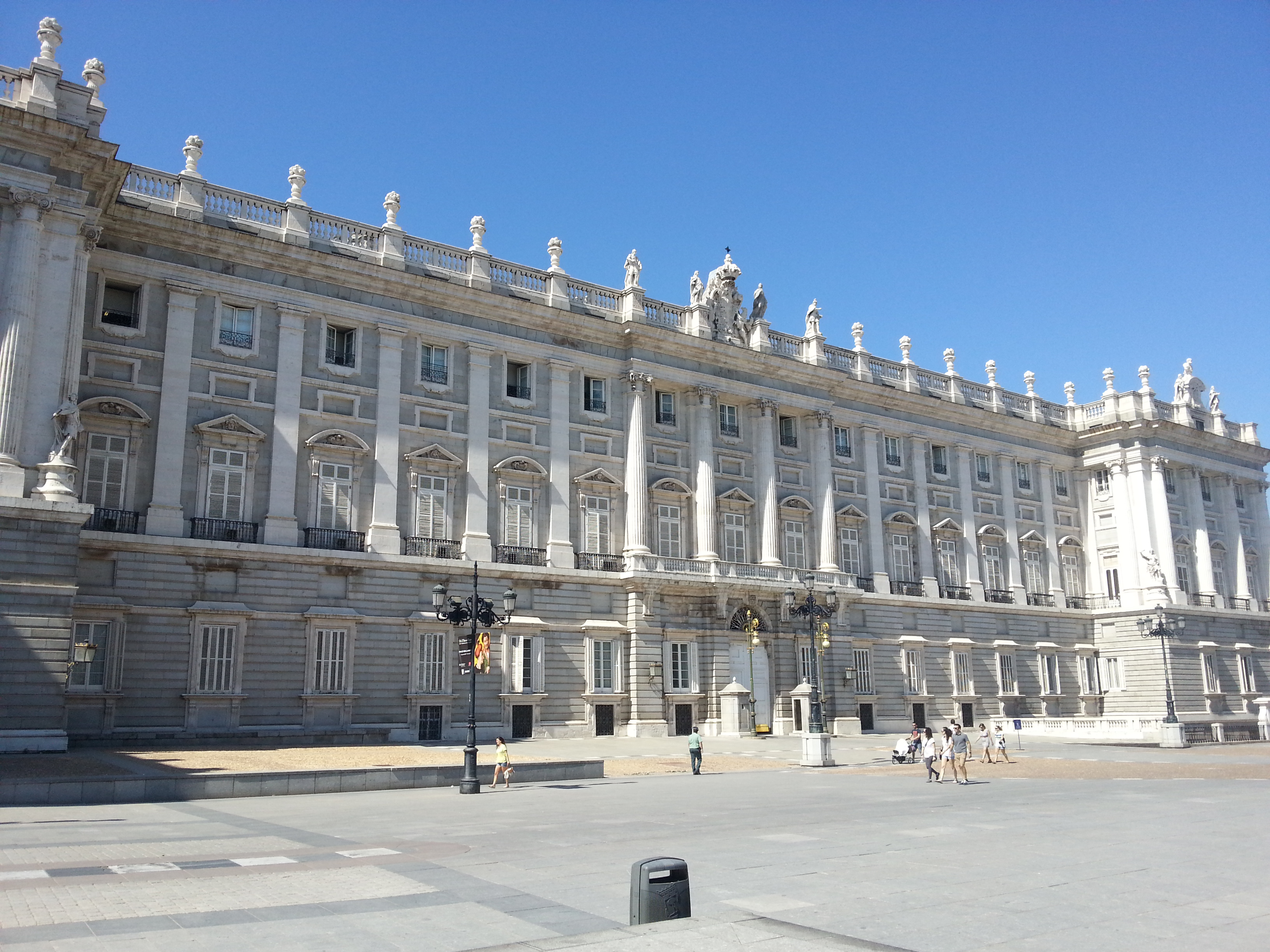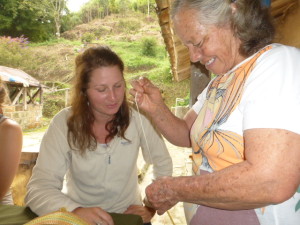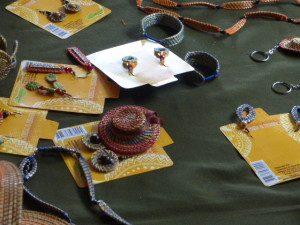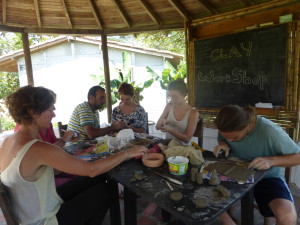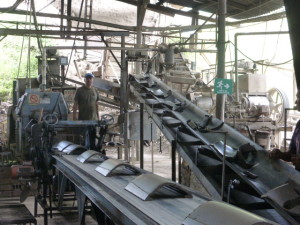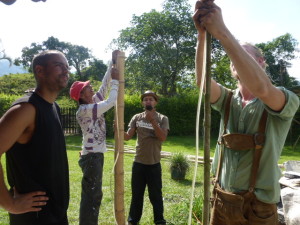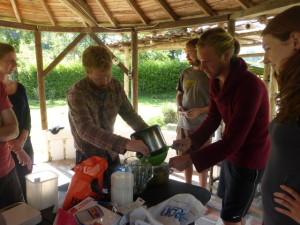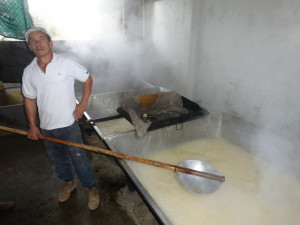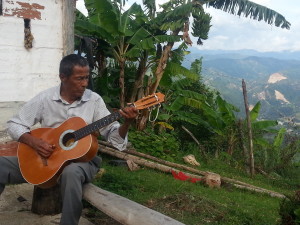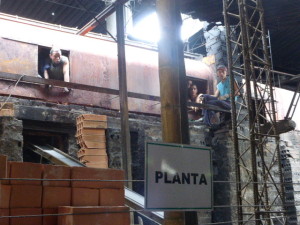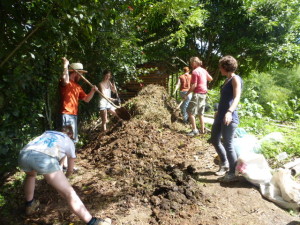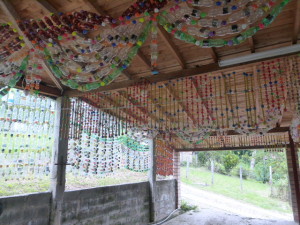
by Jane | Oct 15, 2014 | Travel Tippets |
I could devote a whole book to travel tips (now there’s an idea) but here are just five things for you to think about, but even if you are not travelling, these tips could save you a lot of stress and hassle
6. You will need a travel adaptor
Many plug sockets around the world are different and you will need an adaptor to enable you to charge your camera and phone etc. I assumed that everybody knew that plugs were different but the number of people who look at my adaptor and wonder at it proves otherwise.
I paid extra for an adaptor which converts every type of plug to every other type of plug which is great for travelling across different countries. I would advise shopping around for the smallest one that you can find as often sockets are located behind furniture and there may not be enough room to plug in a large adaptor – either that or the weight of the adaptor can cause it to fall out of the socket. I very often have to build a tower of my rucksac, backack and shoes to prop up my (too large) adaptor when I want to charge something. I also have an adaptor which converts my USB to fit into the universal adaptor – although you can buy these all-in-one now.

my power tower
5. Toilet Paper is Currency
ALWAYS carry toilet paper. I could write an entire blog post on the types of toilets that you might encounter but for now, believe me, you should always carry some paper. In some countries the paper truly is currency – go to Cuba and you will find that the people on the street don’t ask for money but they ask for far more valuable items such as shampoo, soap and toilet paper. In many public toilets you have to pay for entry, but they hike the price up if you also want to purchase some paper at the entry. Just get into the habit of always stuffing some into your pocket each day.

It’s a long way back to the bathrooms
4. No corkscrew?
I have my mate George to thank for actually demonstrating that this one works. Have you ever got back to your hostel with a bottle of wine and found that the corkscrew has gone missing? Well, don’t panic. I know that this trick works.
First remove the foil from the top of the bottle and stand the bottle upright in a shoe (a trainer type shoe is the best). Keeping the bottle in the heel and holding both the bottle and the shoe firmly (one hand on each) but retaining the bottle in the shoe, pick the shoe (and the bottle) up and place the shoe against a wall. The bottle will now be at right angles to the wall, with its bottom in the heel of the shoe. Yes – it is tricky I know, but it does work. Now bang the shoe several times against the wall, but DON’T LET GO of either the shoe or the bottle.
Provided that you dont drop the bottle, the cork will begin to ease out. Just make sure that the final ‘bang’ is not so hard that you lose some of the precious wine and voila – enjoy!

imagine not being able to open the bottle
3. Safeguard your cash
Use a purse or a wallet which has several pockets and compartments. Get into the habit of placing different denominations of notes in their own pockets. This removes the need to pull out a wad of unfamiliar cash in a shop or in the street which can draw unwanted attention to yourself. You can simply pull out the appropriate amount- also useful in dimly lit taxis at night.
Don’t keep all of your cash in this purse either. Always have some small denomination notes or coins in a pocket or a sock for the quick purchase on the street, and keep one larger note, (just in case your purse is snatched) in your shoe or your bra if you wear one. I can personaly vouch for the stress-reducing factor of this tip. My purse was lifted from my rucksac at the Colombian/Ecuadorian border but luckily I had enough cash hidden about me to get the onward bus.

organise your bank notes
2. Splurge on a PacSafe. They are not cheap, but I am so glad that I bought one. They come in various sizes. Mine is a bit bigger than a hot water bottle and it is made of some super strong material which has a steel mesh incorporated into it. It is big enough for my little netbook, my purse. my box of treasures and other bits and bobs. The whole thing is secured by a steel cable and a padlock which you attach to something in your room – the ladder of a bunk bed is good, or even the pipework behind the basin in the bathroom.
If lockers are available in my hostel or hotel I do use those but if not, the peace of mind that the Pacsafe gives me is worth its weight in gold. I have to admit to using it even on the odd occasion when I have a private room. It is far better to be over cautious than to lose your passport or smart phone
I also carry my own high tensile steel cable with loops at each end and a spare padlock and keys. Lockers are not usually supplied with padlocks and on a couple of occasions when travelling with friends we have secured everything with my cable

better safe than sorry
1. My top tip – and I have witnessed this one working on several occasions is how to save your mobile phone if it gets wet.
Immediately remove the back, shake hard and dry off the battery and the Sim card. As soon as possible bury the phone and the battery into a bag or a box of rice. Leave it for at least 48 hours. You may need to leave it for up to 5 days in the rice but have faith – it will usually work.
I have seen phones come back to life after being immersed at the bottom of swimming pools and dropped down toilets. They can be expensive bits of kits and a valuable lifeline if you are travelling. They double up as cameras, you can send and receive your emails and access the internet. You do not want to lose your phone

mobile phones and water do NOT mix

by Jane | Oct 8, 2014 | Colombia, Destinations, My travels |
As the end of my original planned five weeks at the Ecohostel drew nearer I knew that I wasn’t ready to leave the area yet. Amagâ is a small mountain town where not a lot happens but it is one of the places on my trip that has stolen my heart.

the mountains around Amaga
Paola arranged for me to move in with a family and to teach English to the seven year old who I shall call Abra. So one weekend I moved from my shared dorm in the hostel with its cold showers and (very nice) vegetarian food to a place with a pool, my own room and massive grounds.
My routine was flexible but I began every morning with an hours walk back to the hostel so that I could continue with my Spanish lessons. Paola had replaced herself with Lu so that she herself could travel for a month and Lu from Mexico endeavoured to continue my education.

a pool with a view
I may have moved to a lovely home but this was still Colombia. Several events had the family laughing at me over and over again – from my shower which burst into flames above my head and dowsed me in thick smoke and flames, to the giant ants which set up a nest in my shoes. A dangerous spider was marching across my bedroom floor one morning – had it bitten me during the night I would have had to spend three days in hospital and the cockroaches and beetles were the two inch long variety.

these things actually manage to fly
Abra had an adorable four week old kitten which clambered everywhere and Abra just loved to kick a football around. I played handball with the sports team on one of their days out when as a group we all went for a hike into the countryside and I helped out with the basketball trainingat the town sports hall. I also taught English to a great seven year old girl (Juli) at her home and often Abra was joined by Jac – the thirteen year old daughter of the lovely Vivi who helped out at the big house.
I went out a couple of times with Mauri into the campa. Maura speaks fluent English and German as well as teaching Spanish and told me many stories and tales about the area. On one occasion we trekked slowly in the searing heat, stopping to swim in the crystal clear pool of a river which tumbled refreshingly cold down from the mountains and then we poked our head into the dark entrance of one of the (probably illegal and unregulated) coal mines. We also had a beer at a football pitch on top of the world. Up here there was a three hundred and sixty degrees panoramic view where the mountains just marched on and on in their green folds for ever and ever.

fresh cold water from the mountains
I popped in and out of Medellin and I also stayed for a while at the Ecohostel whilst Paola was away. That was challenging – not least because one of the big humpback cows got onto the land through a hole in the hedge. Me and the amazing dog Guia managed to herd it back out of the gate (four times) and stopped it doing too much damage. It was a massive animal and not very sweet tempered but I was very proud of myself that we accomplished that between us before it could eat or trample too many of the vegetables.
Before I set off on this Latin American adventure I was always nervous out by myself and I would avoid walking out in the dark or the countryside alone. But now I was walking miles and for hours down country lanes. I wouldn’t freak out when a truck or motorbike slowed to talk – in fact I was actively hitching rides from them and as for living in the middle of nowhere all by myself – some of my friends would never believe it possible.

hitching on the back when the truck is full
I met up with Diego a couple of times for English/Spanish intercambio. One night I was unable to return home to the big house because the guard dogs were roaming free during the night and the odds were high that I would get eaten if I attempted to open the gate, D’s mum insisted that I stay and she gave me dinner and then made up a bed for me in the spare room. I cannot get over the kindness and the generosity of people here in this small town. They never see anything as an unsurmountable problem and they are full of trust and sunshine.
I was invited to dinner with families when before eating I would be introduced to the neighbours and local kids would hang through the bars on the living room windows watching me eat. I will be a lot more sympathetic when I next visit a zoo and stare and watch the penguins because it is very weird to be watched and listened to while you are trying to get on with other things. Everything happens in the open here – even the Alcoholics Anonymous meetings take place with the double doors open to the street because it is so hot – and whilst everybody can see the semi-circle of people gathered I guess that it is such a small community there is no way very much can be anonymous.

these kids watched us eating for ages
Yo and his partner Joha always have an open house in the town – for people and animals. They are both involved with a local community group called Corporacion Cultural Poncherazo and Yo also organises an intercambio language group with the volunteers from the EcoHostel. People just drop in and out of their home and they seem to know EVERYBODY in the town. They are both mad keen on animals and they have adopted some of the street dogs and cats, taking them into their home at night and leaving bowls of food and water outside their door for the others. I lived with Yo and Joha for nearly two weeks at the end of my stay in Amaga and I cannot thank them enough for showing me such kindness. I was living with them close to the centre of town and I was a part of the community.

my favourite street dog, Orejas (Ears) I would adopt him if I lived in Amaga

the view from my kitchen window for a few weeks
Night life in Amagâ is low key but fun with a couple of bars and nightclubs. One rather odd place even has the mens urinal at the side of the dance floor!! There are a couple of hotels (love hotels) where people check in for the night or part night so that they can get some privacy and countless bars with some very colourful locals who are often rolling drunk but funny and harmless and spend their days in the parque or in the market.

Amaga on a sunny Sunday afternoon, complete with childrens car ride
Colombia is one of the richer countries that I have visited so far in Latin America but there are massive differences between here and my old home in the UK. For the majority of people here, their social interaction with others is of the highest priority – both for the simple act of connecting and sharing with others and also because good manners have been instilled into them from an early age. The children will just as quickly approach and ask very politely how you are, or ask where you are from, engaging in a conversation, just because they can.

just an ordinary mountain town
Shopping takes on a whole new meaning as shopkeepers serve several people at once and all contribute to a five or six way conversation about what is being bought, the price, why you want the product and the news of the day. I have finally got used to being in the middle of being served and then abandoned for another customer – but that just means that the customer to my left can start a conversation with me. I am also now used to interrupting the customer who is being served and asking the price of something and I no longer feel embarrased when the shopkeeper abandons them for me. Its just the way that it is here.
I am sure that I will return to Amaga and the region of Antioquia one day. In the meantime I take a little piece of it and its inhabitants away with me in my heart.

public transport mountain style
On my final bus ride out of the town I sat on the left hand side so that I could drink up the views for one last time. I had my dark sunglasses jammed on tightly and I wept a few tears at leaving. I really hope that I will be back one day.
by Jane | Sep 16, 2014 | My travels |
This week I am going to give you a break from reading about my travels and I have published my new page about books that I have read whilst travelling.

Cyprus
I love to read about other countries and cultures and especially about places that I am visiting.
Click on the link here to see what I have been reading and maybe get some inspiration for yourself.
I will pick one or two books a month and give you a more indepth insight into what they are about. The list will be updated regularily so do keep an eye on it

by Jane | Sep 3, 2014 | My travels |
For this week’s blog entry you can read about Free City Walking Tours.
Follow this link for the article:
Free City Walking Tours

by Jane | Aug 27, 2014 | Colombia, My travels |
Whilst volunteering at Paola’s Ecohostel Medellin we had the opportunity to take part in some workshops and field trips. Sadly the visit to one of the local coal mines didn’t happen (although I know that Paola was glad – in here words she said – the Ecohostel doesn’t support the exploitation of Mother Earth – but we did do some really cool stuff which you can read about below.
Grass workshop
Lilian, Luz Maria and Luis Fernando live on top of a mountain in the house that their father built. Everything had to be carried up on the back of a mule and even now, when they go shopping they bring goods up on their shoulders. The nearest town is a precise 18 minutes away but as an indication of how steep the mountainside is, it takes 30 minutes to get back. Lilian, Luz Maria and Luis Fernando are all quite a bit over the age of 60 but you would never think so as they are so trim and sprightly and have a zest for life that is not slowed by their age.

concentrating hard
They grow a specific type of grass which, after it is dried and coloured, the ladies sew into jewellery, purses and hats. Paola from the Ecohostel Medellin had arranged for us to visit this lovely family and after trekking for nearly three hours to their home we were treated to a tasty lunch and then we had a bash at making our own jewellery.
Once a month the trio travel to Medellin to sell their unique products at the awesome artisan market – but first they have to carry everything down from their mountain via the local town and setting off at stupid o’clock for the bus.

some of the amazing finished products
Clay Workshop
The clay arrived in a big tub and we were instructed to get down and dirty. The grey gloop had to be worked to the correct consistency and then silence descended over the Ecohostel Medellin as we concentrated. Clay flutes, an aeroplane, beads, salt and pepper pots destined for a display cabinet in the U.S. and even a backgammon board were produced. The finished products were then whisked away to a kiln to be dried out before being returned to us. My flute ended up in the bin as I dropped it while travelling but the backgammon board was very well used over the next few weeks despite the seed counters rolling away every so often.

silence as everybody concentrates
Roof Tile Factory
Like a scene from a Dickens’ novel this small factory produced clay roof tiles. We had often seen the clouds of black smoke from the kilns drifting up through our valley and now we could understand the process. Machinery as old as the hills transformed splodges of clay into tiles which were then piled up into the kilns over the ovens by a team of soot covered men and twice a week fired up. The work is hard and filthy and we would see the men walking back down the lane after their shift with bodies black with coal dust and just the whites of their eyes shining bright. Our own little clay products from our workshop found their way here to be dried out along with the hundreds of roof tiles.

making the roof tiles
Bamboo construction
Paola wanted to construct a roof over the little barbeque area at the EcoHostel Medellin. The wood was harvested from the little jungly area and then the men turned up to build it. Holes were dug and poles sawn, a roof added and voila – it was completed in no time. The one thing that fascinated me about this process was that there is an optimum time to harvest bamboo. It shouldn’t simply be hacked down but the time of the month needs to be considered. If you ever doubt the effects of the moon on our planet try cutting bamboo at the wrong time. The gravity of the moon affects the water in the wooden stems – pulling it up and easing it down in a natural rhythm. Cut when the moon (and tides) are strong and you end up with a wooden pole full of water!

the bamboo workshop
Soap Making
We made our own soap from used cooking oil. Like chemists we mixed and stirred our oil and the necessary acid NAOH sodium hydroxide to ‘cook’ the gloop. Care is needed here as te misture has a potential to explode! Essential oils can be added to make it smell sweet but we added lime juice and teatree oils as we wanted to use our soap for the dishes and laundry. With soap you have to be patient, waiting for a month or so for the chemical process to work but it is a great way to utilise that old cooking oil rather than simply dumping it. One of our volunteers had made soap in the States previously – and she showed us pictures of soap as pretty as cupcakes, whilst our product was more functionable

chemists at work
Visit to the Panela Factory
We set off in a jeep to a small village high in the mountains to the panela factory. Run as a local cooperative, farmers bring their sugar cane here twice weekly for it to be converted to panela which forms the basis for so many things here in Colombia.
Using very basic machinery the canes are stripped and pressed and the juices then boiled until caramelised. Worked by a team in large steel basins the sugary mess is then pummeled into submission and formed into round puddings to harden before being packed.

boiling the panela
A bottle that was bobbing around in the hot tank caused much interest as the worker would periodically swoosh boiling panela over it. What part of the process could a bottle possibly contribute? Umm – the man was simply heating his coffee back up.
Afte buying some panela we were then invited to Raul’s home high on a ridge with THE most spectacular views and he played his guitar for us. Traditional Colombian tunes filled the air with such simply haunting sounds – I know that I shed a few tears as did some of the other volunteers as he softly played and sang for us with the mountains of Antioquia tumbling down behind him.

Raul sings for us
Machete, machete, machete
This was not really a workshop but is a useful lifeskill to have. Why don’t we have machetes in the UK? Well balanced, they slice through most things with complete ease. Hacking down thick bamboo poles, chopping through the undergrowth or digging up weeds – these tools are amazing and I want my own. I am sure that adding machete handling to my CV will make future employers stand up and beg for me to work for them.

hot filthy work in the kilns
Bocachi
This is a Japanese inspired way of making a quick soil from crap. Yep – we were off into the fields opposite the finca with our shovels and collecting cow shit. These cows are free range eating the finest grass but they produce the sloppiest poos. By the end of our sessions we were plastered in the stuff!. Leaves, yeast malt and other stuff go into the pile which is then mixed and covered with a tarp. It heats up – and I mean it REALLY heats up and is turned twice daily. Within about ten days there is sweet smelling compost ready to spread onto the newly constructed terraces and it can be planted up. The climate in this part of the world is perfect for cultivating things and within four weeks we had tomatoes ripening in the new beds.

mixing the bocachi
Poker
I learnt to play poker. I loved this game. Buying a handful of beans, seeds and bamboo chips we gambled a couple of evenings away. Considering I had never played before I didn’t disgrace myself (although I didn’t win). We were serious but fun, sat in one of the tiny mountainside bars that litter Latin America drinking beer and eating lemon flavoured crisps.

local bar (poker den) ingeniously decorated with bottles
Bars here are set up on any piece of ground, often contain a pool table or french billiards (like snooker or pool but you play with just three balls and no pockets!!!) and are decorated in the most ingenious of ways with very little expense. Children usually play around, dogs pant and sprawl and music pumps out at full volume around the clock.
The above should give you a taster of the things that I got up to in my five weeks with Paola and the gang. In fact, I loved Amagá and the area so much that after my initial five weeks were up I moved in with a local family for four weeks and then I drifted back to the hostel for another two weeks

